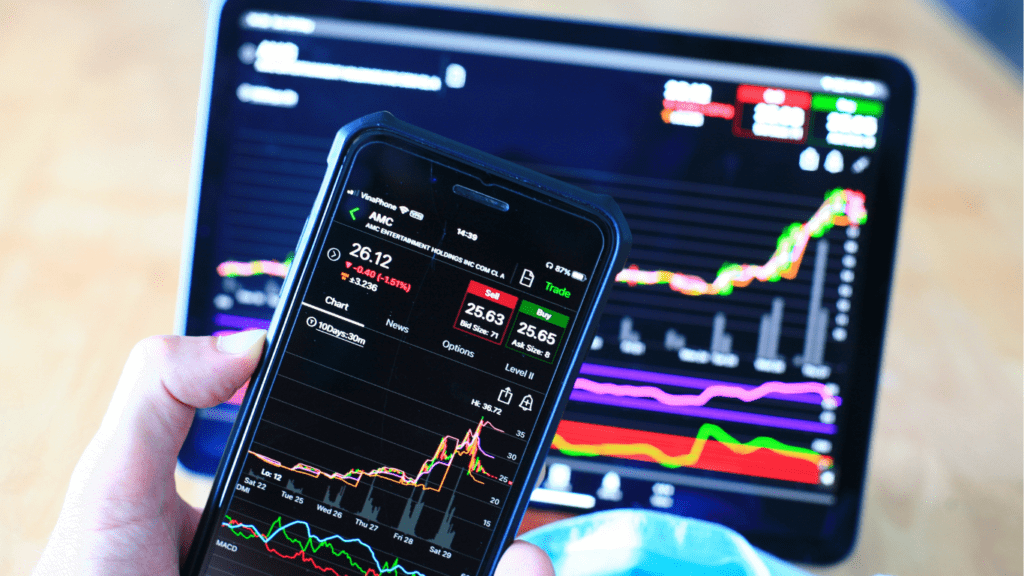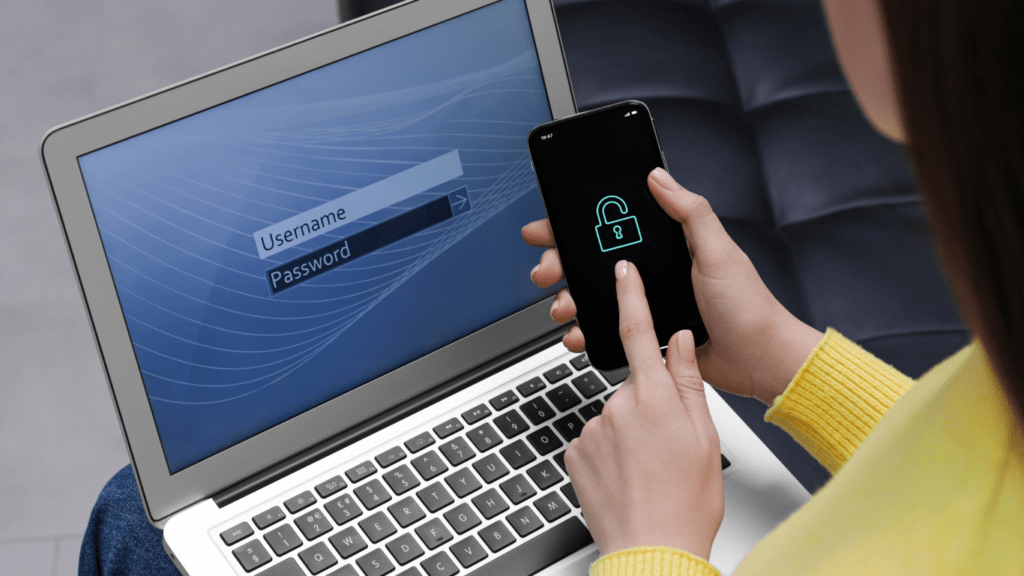Understanding the Importance of Crypto Security
Crypto security is crucial to protect investments from cyber threats. I prioritize it to ensure my digital assets remain safe and uncompromised.
Common Threats to Crypto Assets
Crypto assets face numerous threats:
- Phishing Attacks: Hackers duplicate legitimate websites to steal login credentials.
- Malware: Malicious software that gains unauthorized access to wallets and exchanges.
- Social Engineering: Scammers manipulate individuals into giving away private keys or personal information.
- Exchange Hacks: Breaches on crypto exchanges lead to significant asset losses.
- Ransomware: Malware encrypts user data, demanding payment for decryption keys.
- Financial Loss: Unauthorized withdrawals or exchanges of stolen assets.
- Market Value Decline: After major breaches, asset values plummet in response.
- Loss of Confidence: Investors lose trust, resulting in market instability.
- Operational Disruption: Recovery processes disrupt trading activities and portfolio management.
Top Security Tips for Safeguarding Your Crypto Assets
By employing enhanced security measures, you can significantly reduce the risks associated with holding crypto assets. Here are specific steps to fortify your digital wealth.
Use Highly Secure Wallets
Utilize hardware wallets or cold wallets for long-term storage, as they remain offline and are less prone to hacking. Examples include Trezor and Ledger.
For daily transactions, employ a reputable software wallet that includes advanced encryption. Avoid using exchange wallets for significant holdings since they are more vulnerable to breaches.
Enable Two-Factor Authentication
Activate two-factor authentication (2FA) on all crypto accounts. This adds an extra layer of security by requiring a second form of verification in addition to your password.
Use authentication apps like Google Authenticator or Authy rather than SMS-based 2FA, which is susceptible to SIM swapping attacks.
Regularly Update Your Security Software
Keep your security software updated to guard against the latest threats. Ensure that your antivirus, anti-malware, and firewall programs are always running the newest versions. Regular updates enable the software to effectively detect and neutralize new vulnerabilities and attack vectors.
Best Practices for Keeping Your Crypto Transactions Secure

Protecting crypto transactions is crucial to safeguarding your assets from cyber threats.
Verifying Transaction Details
Always double-check key transaction details before confirming. Ensure the recipient’s wallet address matches exactly, as hackers sometimes alter addresses without your knowledge.
Verify the transaction amount to avoid any accidental overpayment. Pay attention to additional information like transaction fees, which can sometimes be manipulated. Consistently doing this can prevent costly errors and potential fraud.
Using Trusted Networks and Devices
Perform transactions only on secure networks and trusted devices. Avoid public Wi-Fi networks since they are often insecure. Use a private network or a VPN, which encrypts your internet connection.
Ensure your device is free from malware through regular scans and updates. Keep your operating system, browser, and wallet software up to date for optimized security. This practice minimizes the risk of interception or unauthorized access during transactions.
Choosing the Right Tools and Services
Selecting the appropriate tools and services is critical for securing crypto assets and minimizing risks associated with cyber threats.
Recommended Crypto Wallets
Choosing the right crypto wallet is essential. Hardware wallets like:
- Ledger Nano S
- Trezor Model T
offer robust security, as they store private keys offline.
For software wallets, MetaMask and Exodus provide user-friendly interfaces and advanced security features. Multi-signature wallets like Electrum enhance security by requiring multiple approvals for transactions, reducing the risk of unauthorized access.
Security Services for Enhanced Protection
Using comprehensive security services can further protect your crypto assets. Services like Chainalysis and CipherTrace offer transaction monitoring, helping detect and prevent fraudulent activities.
For insured custody, BitGo and Coinbase Custody provide secure storage solutions that include insurance coverage. Employing authentication services such as Google Authenticator or Authy ensures that two-factor authentication is streamlined and effective.
Selecting tools and services tailored to meet security needs is vital for safeguarding crypto assets efficiently.






